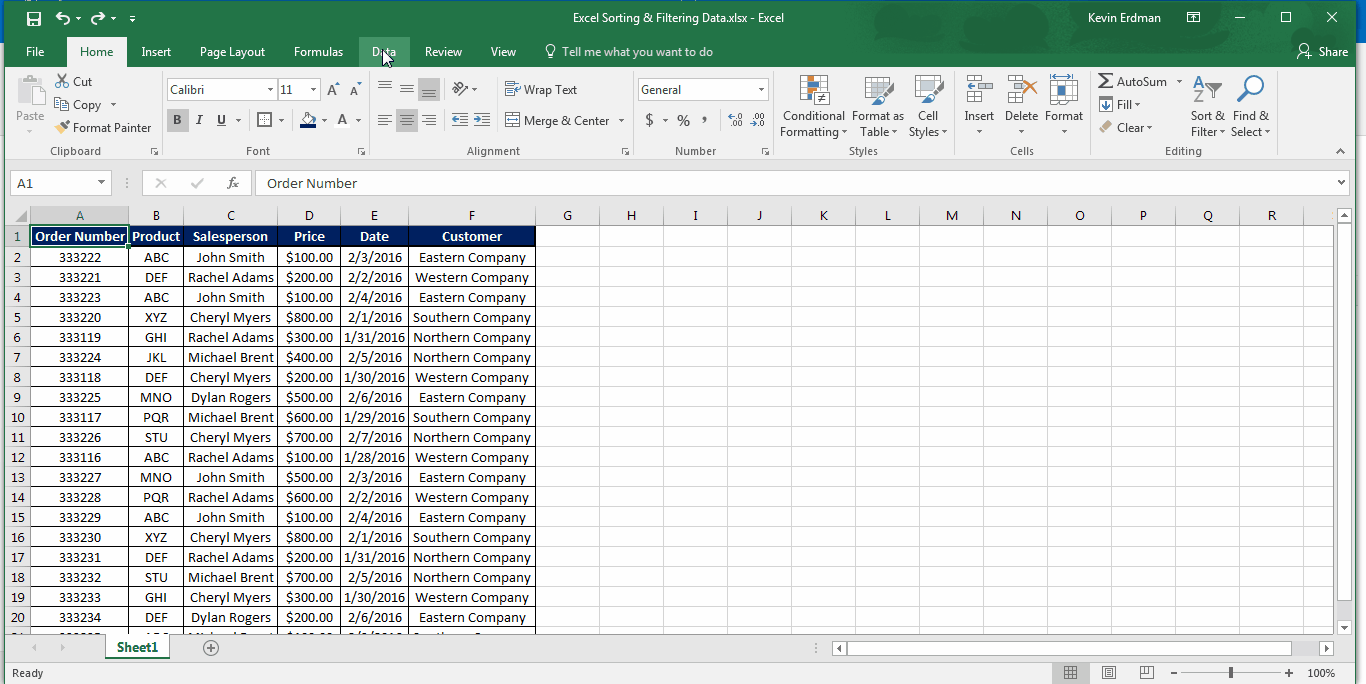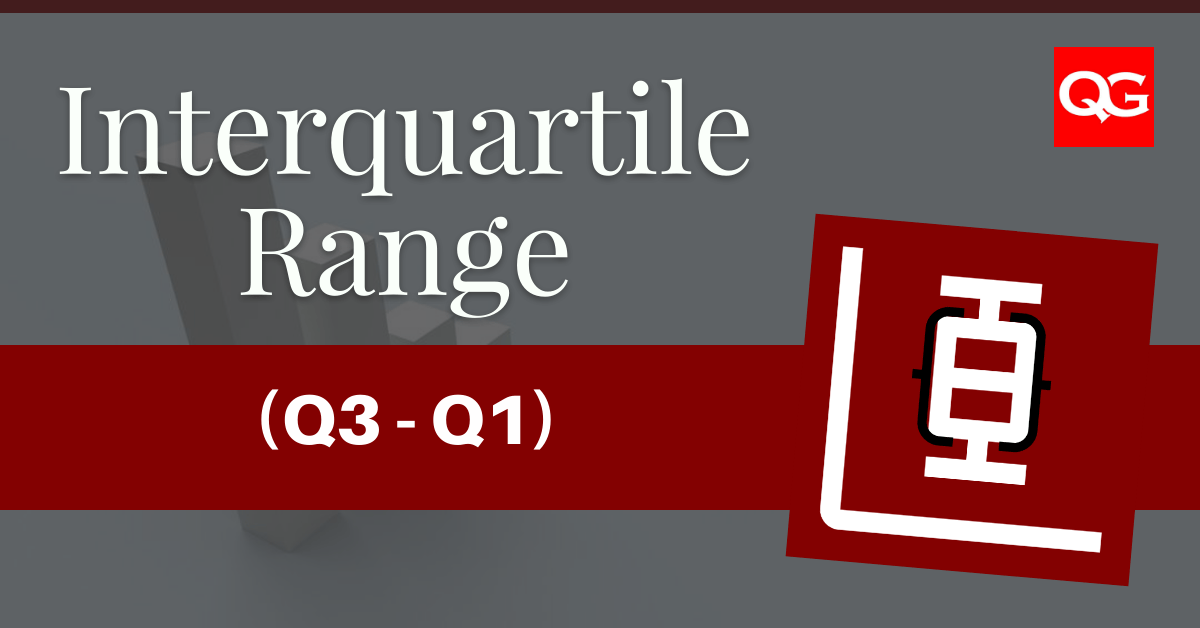Master Excel with EXD Paper 2 for Accounting

Mastering Excel is essential for anyone involved in accounting, and the EXD Paper 2 for Accounting course provides a deep dive into utilizing Excel for various accounting tasks. This guide will help you harness the power of Excel, making your work more efficient and error-free.
Why Excel is Vital for Accounting
Excel, Microsoft’s flagship spreadsheet software, is a crucial tool in the modern accountant’s toolkit. Here’s why:
- Data Organization: Excel’s grid layout allows for easy organization of financial data, reducing the complexity of managing large datasets.
- Automation: With formulas and macros, Excel automates repetitive tasks, cutting down on human error and saving time.
- Analysis: Excel’s robust data analysis capabilities, like pivot tables and charting, provide insights that drive strategic decisions.
Key Excel Functions for Accounting
Let’s dive into some of the most critical Excel functions that are particularly useful for accountants:
VLOOKUP
VLOOKUP (Vertical Lookup) is invaluable for matching and retrieving data from a table:
- Quickly find prices or rates for products or services from a pre-established list.
- Identify ledger entries based on transaction IDs.
📌 Note: VLOOKUP only searches from left to right. Consider INDEX and MATCH for more flexibility.
PIVOT TABLES
Use Pivot Tables to:
- Summarize and analyze large data sets with just a few clicks.
- Easily report on financial data by breaking it down into manageable views.
- Enable dynamic reporting and analysis for year-over-year comparisons, variance analysis, etc.
IF and Nested IF Functions
The IF function allows for conditional formatting and calculations:
- Automate the application of tax rates based on certain criteria.
- Calculate bonuses based on performance thresholds.
Advanced Excel Techniques
As you progress, advanced techniques will significantly enhance your accounting efficiency:
Macros and VBA
Recording macros or writing VBA (Visual Basic for Applications) code can:
- Automate complex accounting workflows, like reconciliations or report generation.
- Customize Excel to meet the specific needs of your accounting department or firm.
📌 Note: While macros can save time, ensure you have robust security measures in place due to potential virus threats.
Power Query and Power Pivot
These tools provide advanced data management:
- Power Query for transforming and cleaning data from multiple sources.
- Power Pivot for complex data modeling and BI reporting.
Utilizing EXD Paper 2
The EXD Paper 2 for Accounting course delves into these Excel techniques, ensuring you:
- Gain hands-on experience through practical examples and case studies.
- Understand how to apply Excel’s features specifically for accounting.
Final thoughts on mastering Excel with EXD Paper 2 for Accounting:
Excel's capabilities extend far beyond simple calculations. The tools and functions discussed above are just the tip of the iceberg. EXD Paper 2 provides not only theoretical knowledge but also practical applications tailored for accounting. By mastering these tools, you're not just improving your own skills but also enhancing the financial analysis capabilities of your organization. Remember, Excel is a dynamic tool, and as you become more adept at using it, you'll discover new ways to streamline your work, ensuring accuracy, efficiency, and insights that can drive your business forward.
What are the prerequisites for taking EXD Paper 2 for Accounting?
+You should have a basic understanding of Excel’s core functions like SUM, AVERAGE, and basic formatting. Additionally, familiarity with accounting principles will help in understanding how Excel can be applied specifically to accounting tasks.
How long does it take to master Excel for accounting using EXD Paper 2?
+The time required varies. If you commit to regular study and practice, you might start seeing proficiency in a few months. However, mastering Excel for accounting can be an ongoing journey as new features are added and business needs evolve.
Can Excel completely replace accounting software?
+No, Excel should be used as a complement to accounting software, not a replacement. While Excel is powerful for analysis, accounting software handles compliance, automated journal entries, and complex bookkeeping tasks.
Related Terms:
- Excel for Accounting PDF
- Excel book PDF



